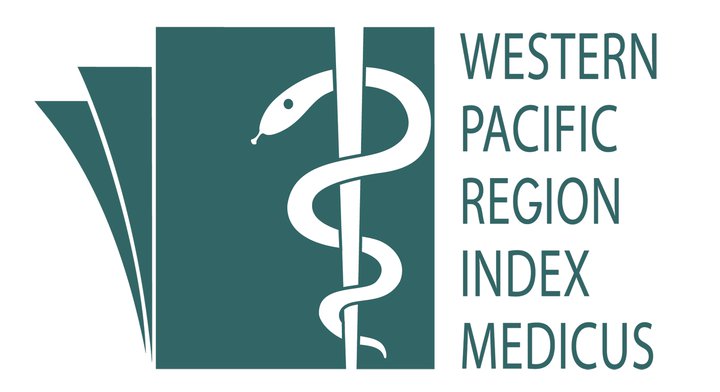A Systematic Review of Health-Related Quality of Life Assessment Instruments for Cancer Patients: A Malaysian Perspective
Abstract
Introduction:
The absence of a review of health-related quality of life (HRQoL) assessment tools has led to inconsistencies in the use of HRQoL instruments across different cancer populations, such as adults, pediatric patients, and caregivers, limiting the comparability of findings and hindering the accurate evaluation of cancer care outcomes. With that, this study aimed to investigate how Malaysian cancer patients’ and other sub-population’s HRQoL is measured and quantified through HRQoL assessment instrument.
Methodology:
From 2013 to 2023, a literature search was conducted on Scopus, PubMed, Cochrane Library, and ClinicalTrials.gov. The included studies and previously published review papers were also cited backward. For each HRQoL assessment instrument, attributes such as author(s), year of publication, study site, study design, target population, cancer types, study purpose, sample size, and instrument languages were extracted and compared.
Result:
In this systematic review encompassing 88 studies, a variety of HRQoL assessment tools were employed, including both generic and cancer-type specific instruments. Distinct HRQoL assessment tools were identified for different populations, including pediatric, adolescent, and caregiver groups. The findings underscore the wide variety of instruments used across different cancer populations and age groups, highlighting the need for tailored assessments that consider specific demographic and clinical contexts. While generic HRQoL tools were the most commonly used across studies, disease-specific instruments for various cancer types were also frequently employed as supplementary measures.
Conclusion:
Moving forward, it is essential for stakeholders to collaborate in addressing the gaps in HRQoL research and to work towards the standardization of HRQoL assessment tools to ensure consistency and comparability in future studies.
Downloads
Published
How to Cite
Issue
Section
License
Copyright (c) 2025 Jing Sheng Lim, Renukha Sellappans, Kenneth Kwing Chin Lee

This work is licensed under a Creative Commons Attribution-NonCommercial 4.0 International License.
IJPHR applies the Creative Commons Attribution (CC BY) license to articles and other works we publish. If you submit your paper for publication by IJPHR, you agree to have the CC BY license applied to your work. Under this Open Access license, you as the author agree that anyone can reuse your article in whole or part for any purpose, for free, even for commercial purposes. Anyone may copy, distribute, or reuse the content as long as the author and original source are properly cited. This facilitates freedom in re-use and also ensures that IJPHR content can be mined without barriers for the needs of research.





